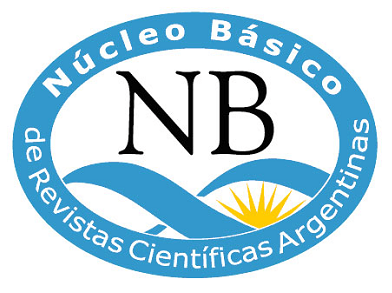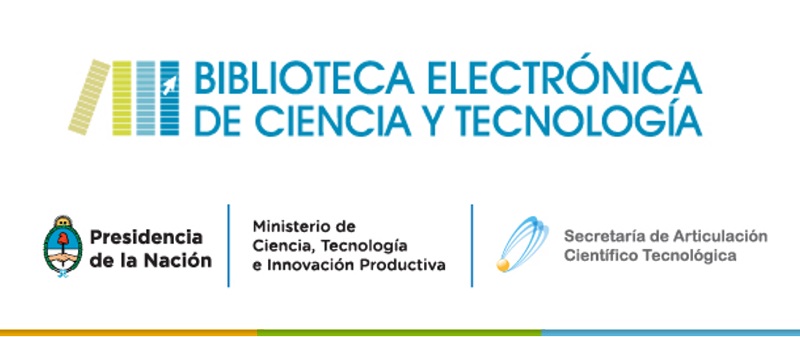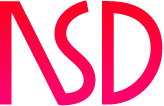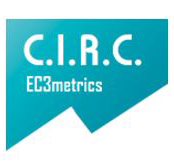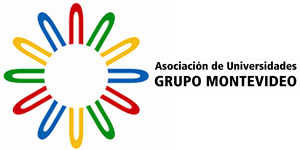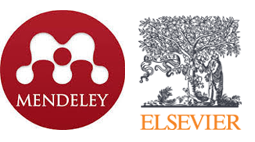Educational evaluation as a practice to think about the integrality of university functions
DOI:
https://doi.org/10.14409/extension.2023.18.Ene-Jun.e0009Keywords:
extension action, evaluation, teaching practices, dialogues of knowledge, integrality of functionsAbstract
The article presents analytical reflections regarding an extension action developed during the second semester of the year 2022, between the Faculty of Educational Sciences of the National University of Entre Rios and three higher institutes of teacher training from different localities of the province. The problematic situations addressed in the action were linked to a fundamental aspect of teaching practices, evaluation. Firstly, the situations and processes that mobilized the construction and development of the project are presented. Secondly, the theoretical and methodological perspectives from which the project was approached are presented, both in terms of the extension approaches within the framework of the integrality of functions, as well as the issue of evaluation in the instances of teaching practices. Finally, some distinctive notes derived from the intervention are shared, which are considered interesting for the discussion regarding the integrality of functions in the university.
References
Arocena, Rodrigo (2013). Curricularización de la extensión: ¿por qué, cuál, cómo? En Arocena, R., Tommasino, H., Rodríguez, N., Sutz, J., Alvárez Pedrosian, E. y Romano, A. (Eds.). Cuadernos de Extensión N° 1. Integralidad: tensiones y perspectivas (pp. 43–58). Comisión Sectorial de Extensión y Actividades en el Medio (CSEAM). http://beu.extension.unicen.edu.ar/xmlui/bitstream/handle/123456789/33/Integralidad%20tensiones%20y%20perspectivas.pdf?sequence=1&isAllowed=y
Brawerman, J. y Cardarelli, G. (Coords.) (2017). Investigación diagnóstica con enfoque participativo. Construcción del conocimiento y acción social. Noveduc
Brockbank, A.; McGill, I. (2002).Aprendizaje reflexivo en la educación superior. Morata.
Cano Menoni, J. A. (2014). La extensión universitaria en la transformación de la universidad latinoamericana del siglo XXI: disputas y desafíos. CLACSO.
Duschatzky, S., Farrán, G. y Aguirre, E. (2010). Escuelas en escena. Una experiencia de pensamiento colectivo. Paidós. Colección Voces de la educación.
Eisner, E. W. (2002). La escuela que todos necesitamos. Paidós.
Marradi, A., Archenti, N. y Piovani, J. (2018). Manual de metodología de las ciencias sociales. Siglo Veintiuno Editores.
Perrenoud, P. (2017). Desarrollar la práctica reflexiva en el oficio de enseñar. GRAO.
House, E. y Howe, K. R (2001). Valores en evaluación social. Morata.
Rafaghelli, M. (2009). ¡Malditos Referentes! Sobre la Necesidad de Reflexionar en Torno a los Referentes en las Prácticas Evaluadoras. Itinerarios Educativos, 1(3), 86–104. https://doi.org/10.14409/ie.v1i3.3917
Rafaghelli, M. (2021). La evaluación distribuida. https://www.academia.edu/49167596/La_evaluaci%C3%B3n_distribuida
Sousa Santos, Boaventura de (2007). La Universidad en el siglo XXI: Para una reforma democrática y emancipatoria de la universidad. Plural Editores.
Sutz, J. (2013). La integralidad de las funciones universitarias como espacio de preguntas recíprocas. En Arocena, R., Tommasino, H., Rodríguez, N., Sutz, J., Alvárez Pedrosian, E. y Romano, A. (Eds.). Cuadernos de Extensión N° 1. Integralidad: tensiones y perspectivas (pp. 43–58). Comisión Sectorial de Extensión y Actividades en el Medio (CSEAM). http://beu.extension.unicen.edu.ar/xmlui/bitstream/handle/123456789/33/Integralidad%20tensiones%20y%20perspectivas.pdf?sequence=1&isAllowed=y
Vasilachis, I. (2006) (Coord.). Estrategias de investigación cualitativa. Gedisa.
Wenger, E. (2001). Comunidades de práctica. Paidós.

Published
How to Cite
Issue
Section
License
Copyright (c) 2023 Candela San Román, Milagros Rafaghelli, Marianela Turriani

This work is licensed under a Creative Commons Attribution-NonCommercial-ShareAlike 4.0 International License.


